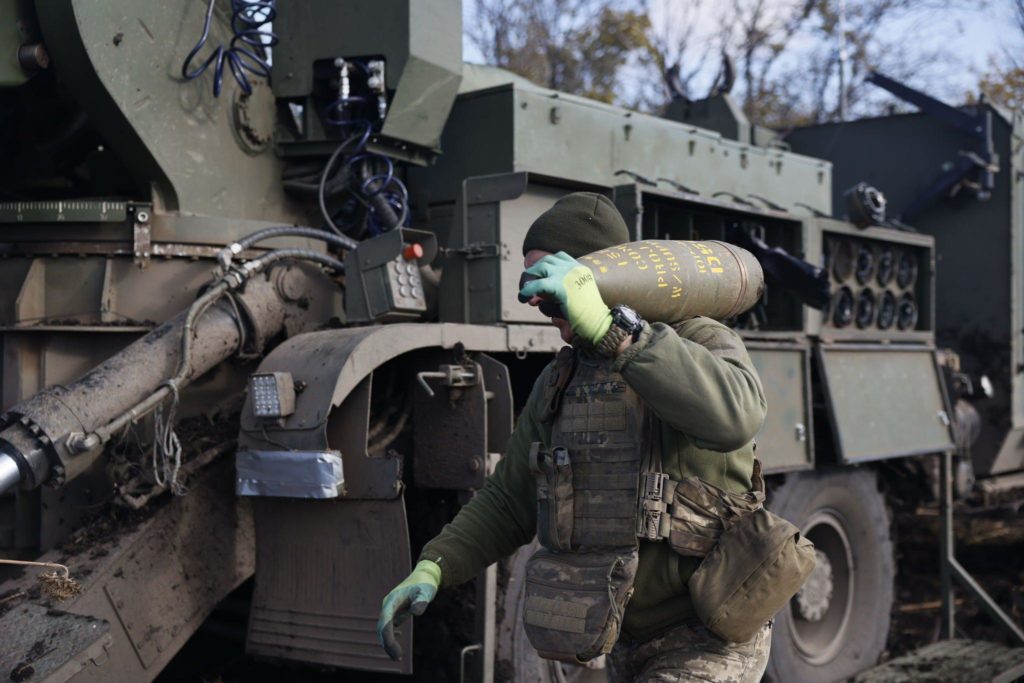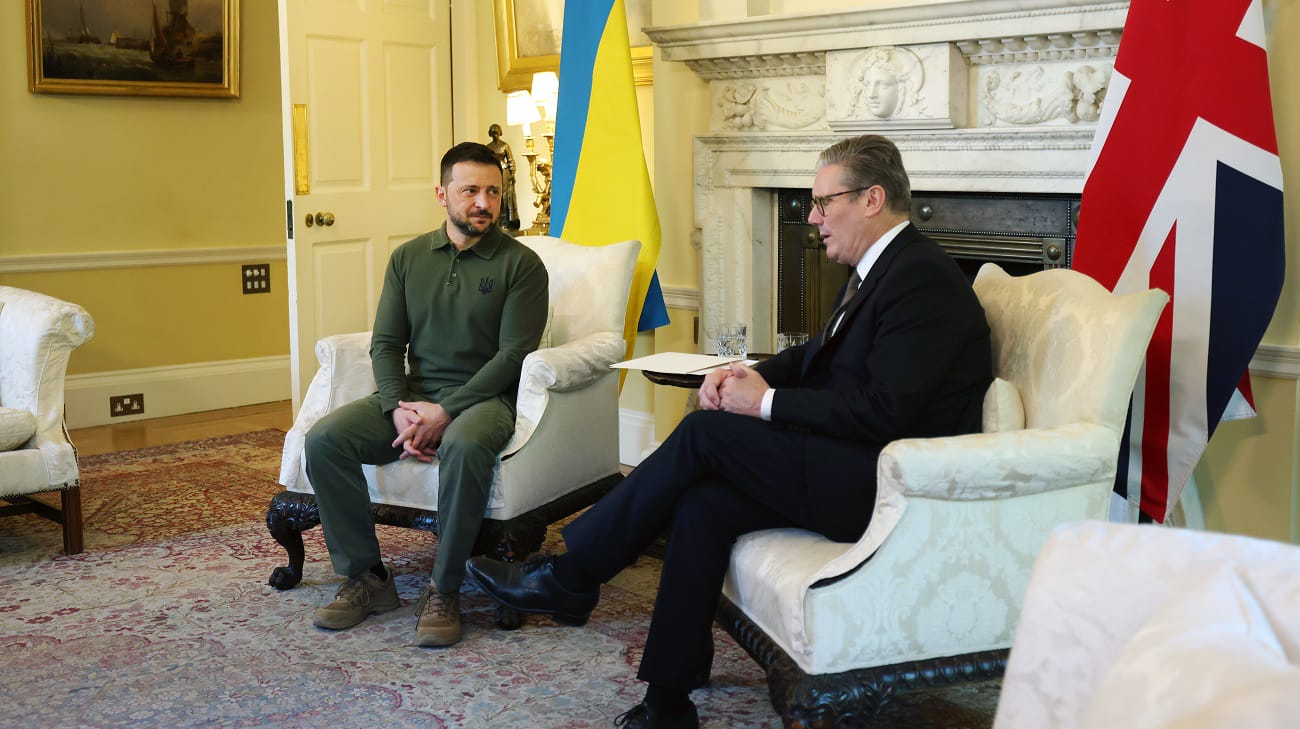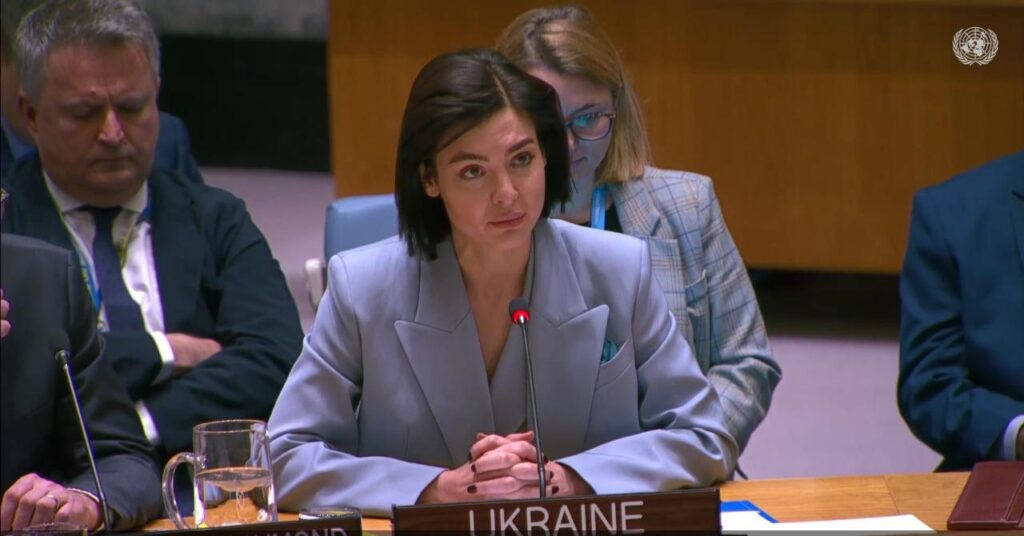Reuters: India faces Russian pressure over shells used in Ukraine
This tacit support for Ukraine's defense efforts underscores India's delicate diplomatic balance and its growing aspirations in the international weapons market.


Artillery shells sold by Indian arms makers have been diverted by European customers to Ukraine and New Delhi has not intervened to stop the trade despite protests from Moscow.
According to eleven Indian and European government and defense industry officials, as well as a Reuters analysis of commercially available customs data, the transfer of munitions to support Ukraine’s defense against Russia has occurred for more than a year.
Indian arms export regulations limit the use of weaponry to the declared purchaser, who risks future sales being terminated if unauthorized transfers occur.
The Kremlin has raised the issue on at least two occasions, including during a July meeting between Russian Foreign Minister Sergei Lavrov and his Indian counterpart, three Indian officials said. Details of the ammunition transfers are reported by Reuters for the first time.
The foreign and defense ministries of Russia and India did not respond to questions. In January, Indian foreign ministry spokesperson Randhir Jaiswal told a news conference that India had not sent or sold artillery shells to Ukraine.
Two Indian government and two defense industry sources told Reuters that Delhi produced only a very small amount of the ammunition being used by Ukraine, with one official estimating that it was under 1% of the total arms imported by Kyiv since the war. The news agency couldn’t determine if the munitions were resold or donated to Kyiv by the European customers.
Among the European countries sending Indian munitions to Ukraine are Italy and the Czech Republic, which is leading an initiative to supply Kyiv with artillery shells from outside the European Union, according to a Spanish and a senior Indian official, as well as a former top executive at Yantra India, a state-owned company whose munitions are being used by Ukraine.
The Indian official said that Delhi was monitoring the situation. But, along with a defense industry executive with direct knowledge of the transfers, he said India had not taken any action to throttle the supply to Europe.
Delhi aiming to develop arms sector and increase export
Delhi and Washington, Ukraine’s main security backer, have recently strengthened defense and diplomatic cooperation against the backdrop of a rising China, which both regard as their main rival.
India also has warm ties with Russia, its primary arms supplier for decades, and Prime Minister Narendra Modi has refused to join the Western-led sanctions regime against Moscow.
But Delhi, long the world’s largest weapons importer, also sees the Russo-Ukrainian War as an opportunity to develop its nascent arms export sector, according to six Indian sources familiar with official thinking.
India exported just over $3 billion of arms between 2018 and 2023, according to data compiled by the Stockholm International Peace Research Institute think-tank.
Defense Minister Rajnath Singh said at an 30 August conference that defense exports surpassed $2.5 billion in the last fiscal year and that Delhi wanted to increase that to about $6 billion by 2029.
Arzan Tarapore, an India defense expert at Stanford University, said that Delhi’s push to expand its arms exports was a major factor in the transfer of its arms to Ukraine.
“Probably in the sudden recent expansion, some instances of end-user violations have occurred,” the defense expert said.
Related:
- Polish PT-91 Twardy tanks in service with Ukraine armed with shells from India
- UK signs $ 392 mn deal for artillery shells to support Ukraine
- Sweden’s ASC 890 aircraft to boost Ukraine’s defense against Russian targets
- Russia produces artillery shells three times faster than Ukraine’s Western allies
- Lithuania sends Ukraine recon drones, ammunition, generators
- Rheinmetall sending prototypes of 100km shells to Ukraine



